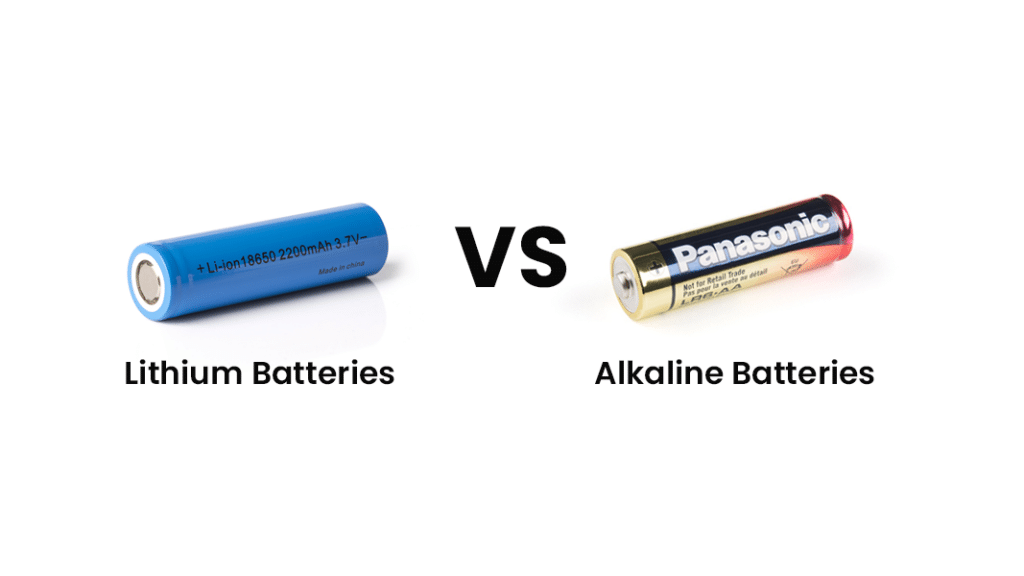
batteries power much of our daily lives, from the devices we use at work to the gadgets we enjoy during our leisure time. When it comes to selecting the appropriate battery for your needs, the choice often boils down to two main types: lithium and alkaline. Understanding the differences between these two options is crucial for making informed decisions. In this ultimate guide, we'll delve into the intricacies of lithium vs alkaline batteries to help you choose the right one for your specific requirements.
Lithium Batteries:
Lithium batteries have gained popularity in recent years due to their high energy density and longer lifespan compared to traditional alkaline batteries. These batteries are commonly found in electronic devices such as smartphones, digital cameras, and laptops. One of the key advantages of lithium batteries is their ability to maintain a steady voltage throughout the majority of their discharge cycle, providing consistent performance until they are nearly depleted.
Additionally, lithium batteries are lightweight and have a relatively low self-discharge rate, meaning they can hold their charge for extended periods when not in use. This makes them ideal for devices that require long-term storage or infrequent use. However, it's essential to note that lithium batteries can be more expensive upfront compared to alkaline batteries, which may deter some consumers.
Alkaline Batteries:
Alkaline batteries have been a staple power source for various consumer electronics and household appliances for decades. These batteries utilize zinc and manganese dioxide chemistry to generate electricity, making them suitable for a wide range of devices, from remote controls to flashlights. Alkaline batteries are readily available and come at a lower cost compared to lithium batteries, making them a preferred choice for budget-conscious consumers. Lithium vs Alkaline Batteries Ultimate Guide
While alkaline batteries offer affordability and widespread availability, they typically have a shorter lifespan and lower energy density compared to lithium batteries. This means they may need to be replaced more frequently, especially in high-drain devices that demand a significant amount of power. Additionally, alkaline batteries are prone to voltage drop as they discharge, resulting in reduced performance over time.
Choosing the Right Battery:
When it comes to selecting the right battery for your needs, several factors should be considered. Firstly, determine the specific requirements of the device you intend to power. If you're using a high-performance gadget that demands consistent power output and longer runtime, lithium batteries may be the better option. On the other hand, for low-drain devices or applications where cost is a significant factor, alkaline batteries can be a suitable choice.
Additionally, consider the environmental impact of your battery choice. While both lithium and alkaline batteries can be recycled, lithium batteries often contain toxic materials that require specialized recycling processes. Alkaline batteries, while less harmful, still contribute to environmental pollution if not disposed of properly. Opting for rechargeable batteries, such as lithium-ion or nickel-metal hydride, can help reduce waste and minimize environmental impact in the long run.
In conclusion, the decision between lithium and alkaline batteries ultimately depends on your specific needs, budget, and environmental considerations. By understanding the differences between these two battery types and evaluating your requirements carefully, you can make an informed choice that ensures optimal performance and sustainability. Whether you're powering a high-tech gadget or everyday ho















